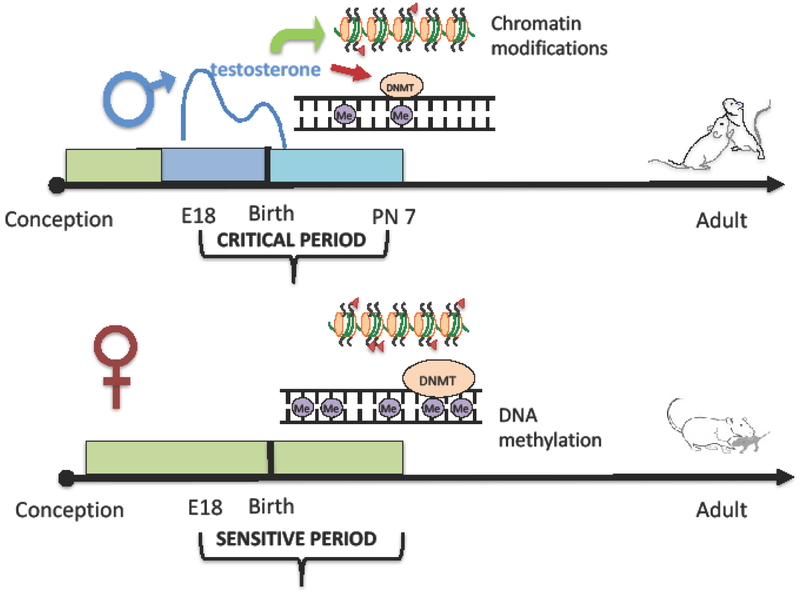Figure 1: Epigenetics of Sexual Differentiation.
Sexual differentiation of the brain in the rodent begins prenatally during a critical period defined by the onset of androgen production by the fetal male testis. The critical period ends when removing androgens has no effect as the masculinization process has already occurred. In females there is a sensitive period, meaning the feminization process can be disrupted and directed toward masculinization if exposed to exogenous testosterone. Changes to both DNA methylation, via modification of DNMT activity, and the chromatin ensue in varying ways in distinct brain regions. The endurance of these changes into adulthood is not unambiguously clear but there are correlations between early epigenetic modifications and adult sex differences in brain and behavior. Although generally referred to as a permanent process, there is evidence that adult sex-typic behaviors are malleable and even reversible in mammals under certain conditions and these may be a function of epigenetic maintenance of gene expression that impacts behavior.

